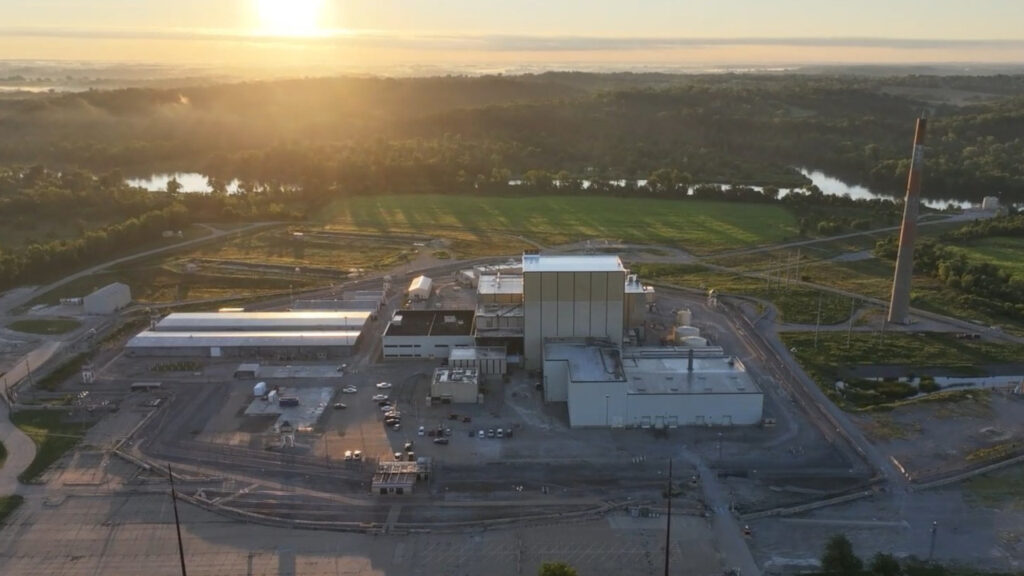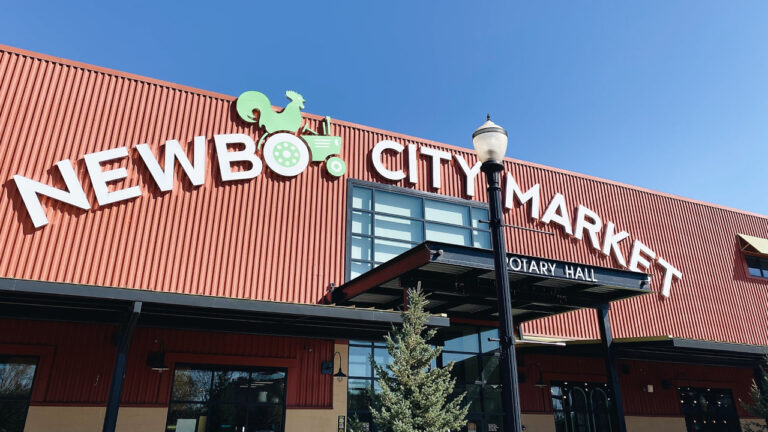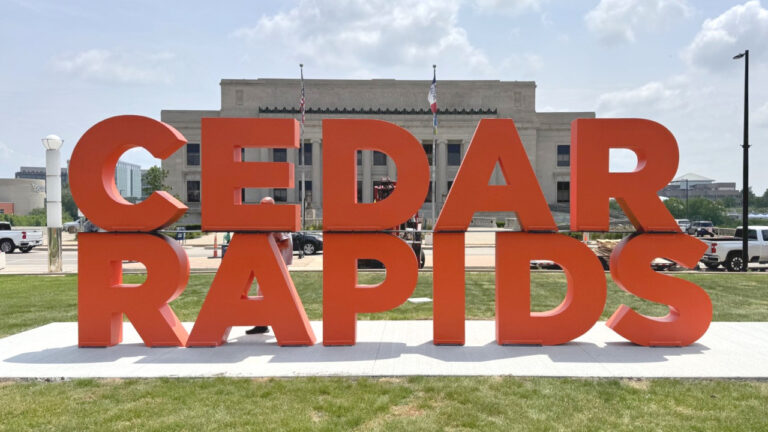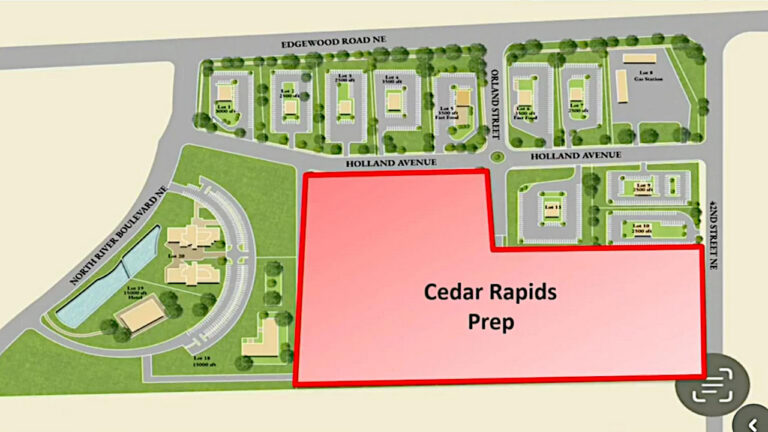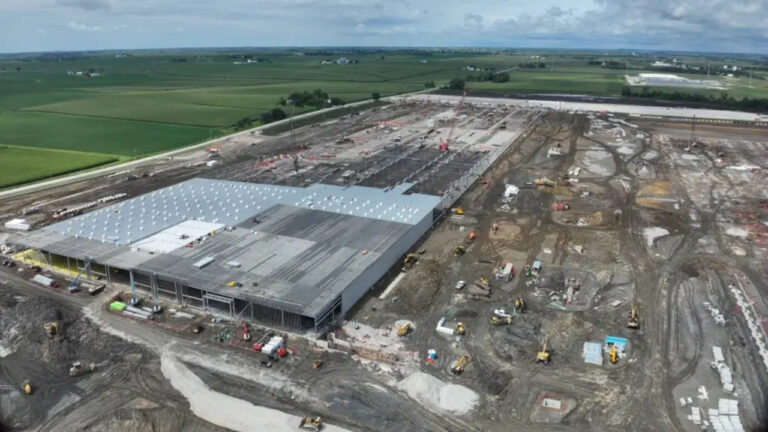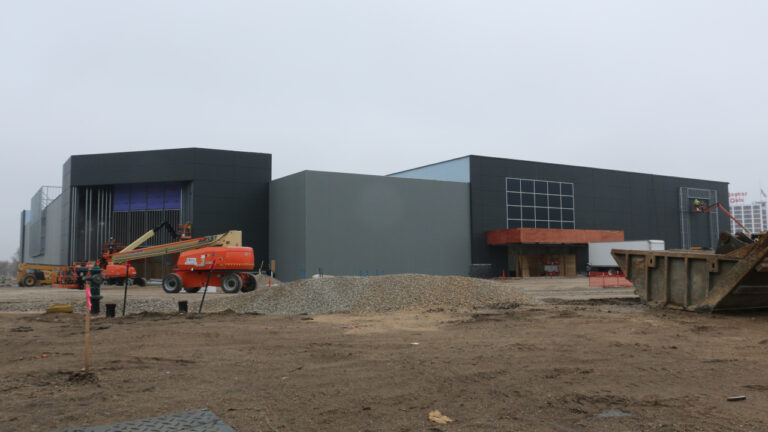Linn County’s nuclear energy zoning code ordinance will soon be law, making it one of the first such ordinances in Iowa.
The Linn County Board of Supervisors voted unanimously Wednesday morning, Sept. 3, to approve the third and final reading of the ordinance. It will become effective upon publication in The Gazette, the county’s official newspaper of record.
The new ordinance establishes zoning regulations for nuclear energy generation and nuclear waste storage facilities in Linn County.
Linn County Planning and Development Director Charlie Nichols said the ordinance creates a new zoning district for nuclear energy operations, whether they be a potentially restarted facility like the Duane Arnold Energy Center near Palo or a new nuclear energy operation.
“Anyone wishing to build or restart a nuclear power facility will still need to rezone the land to the zoning district that will be established today,” he said.
NextEra Energy continues to pursue authorization from the federal Nuclear Regulatory Commission to restart the Duane Arnold Energy Center near Palo, which was shut down in 2020 and is currently in the process of being decommissioned.
Even if NextEra moves ahead with their plans and receives an operating license from the NRC, the plant wouldn’t reopen until the end of 2028 at the earliest, NextEra officials have said. But if the DAEC opens, it will be treated as a new nuclear facility and subject to the amendment’s provisions.
The new ordinance amendment – possibly the first of its kind in Iowa, drafted by Linn County Planning and Development staff and unanimously recommended for approval by the Linn County Planning and Zoning Commission in July – is intended to proactively address zoning and public safety concerns regarding the potential siting of a new nuclear power facility.
But county officials have also stressed what the new policy does – and doesn’t – encompass.
“It’s really important that the public understands that a huge chunk of the safety component to restarting a nuclear power plant is at the federal level,” county supervisor Sami Scheetz said at the public hearing and first reading of the ordinance Aug. 25. “What we do is ensure that our local community has the resources to basically compensate and work and support the public safety aspects of that restart.”
“Again, the Linn County Board of Supervisors does not have a final say on whether or not a nuclear plant is turned on or off here in the county,” supervisor Kirsten Running-Marquardt said at Wednesday’s meeting. “But what we have done here with this ordinance is allow for an application for this zoning area and a host community agreement, which will follow shortly. And I feel very strongly that in both of those, we have come to a good solution of making sure that we’re taking into consideration, to the best of our ability, Linn County taxpayers and our citizens as well – what we could do for safety, and that we are not going to be taking on the burden of any costs that the company should be paying for.”
In particular, Ms. Running-Marquardt cited training, public safety and public health as factors that need to be considered for local regulation.
“I think this is a very good, reasonable and fair ordinance,” Ms. Running-Marquardt said.
Mr. Nichols explained that federal regulators, more specifically the NRC, govern nuclear safety, security and nuclear waste management, issue licenses for new nuclear projects and inspecting facilities for proper operation. Local government, on the other hand, is in charge of land use compatibility and site design standards such as proper setbacks, and emergency preparedness coordination, economic and infrastructure impacts of nuclear facilities, which the new ordinance addresses.
All three supervisors thanked the Planning and Zoning Commission and Planning and Development staff for their work to develop the ordinance.
“I’m really excited that we were able to include the Host Community Agreement,” supervisor chair Brandy Z. Meisheid said. “That allows us to put our residents and the public safety first and make sure that any financial impact that comes back to the county is not being passed on to the taxpayer, but rather is being taken care of by the nuclear company.”
The ordinance requires that owners or developers of nuclear energy facilities reach a Host Community Agreement, or HCA, with the facility’s hosting jurisdiction. The HCA “recognizes and documents” any public safety costs and demands imposed on local governments.
“Nuclear facilities place long-term demands on local public safety, emergency response and disaster preparedness resources,” Mr. Nichols has said. “This ordinance ensures that any proposed nuclear development is reviewed with these local needs in mind. (It) also intends to support sustainable economic development. Each project represents long-term investment in the county’s infrastructure, workforce and tax base. The ordinance aims to create a clear and consistent regulatory framework that allows the county to responsibly host projects while realizing these benefits.”
Under the HCA, fixed annual payments from the nuclear operators to local communities will support services such as emergency preparedness, public safety, infrastructure maintenance, environmental oversight, community outreach, coordination, economic development and long-term planning, Mr. Nichols said.
One amendment was approved to the HCA provision in the first reading of the ordinance. That amendment extends the policy’s coverage to indicate that “the host community agreement shall remain in effect until such time as the plant operator has eliminated the off-site radiological emergency preparedness plan, in accordance with NRC regulations or specific NRC approval.”
READ THE FULL ORDINANCE:


